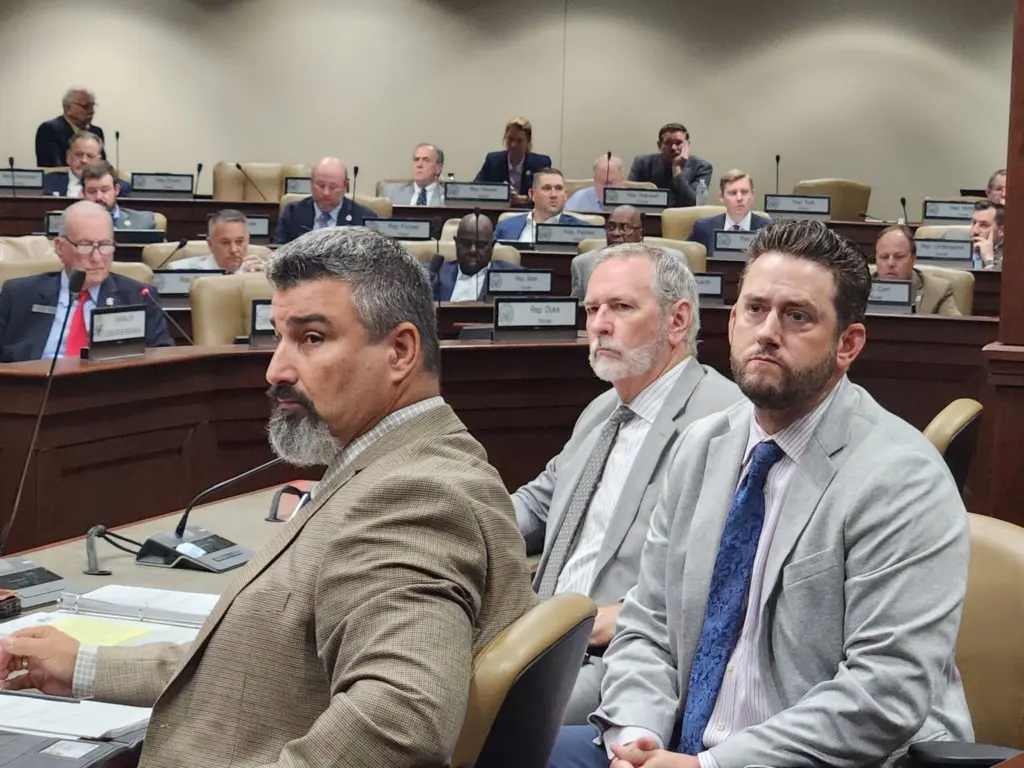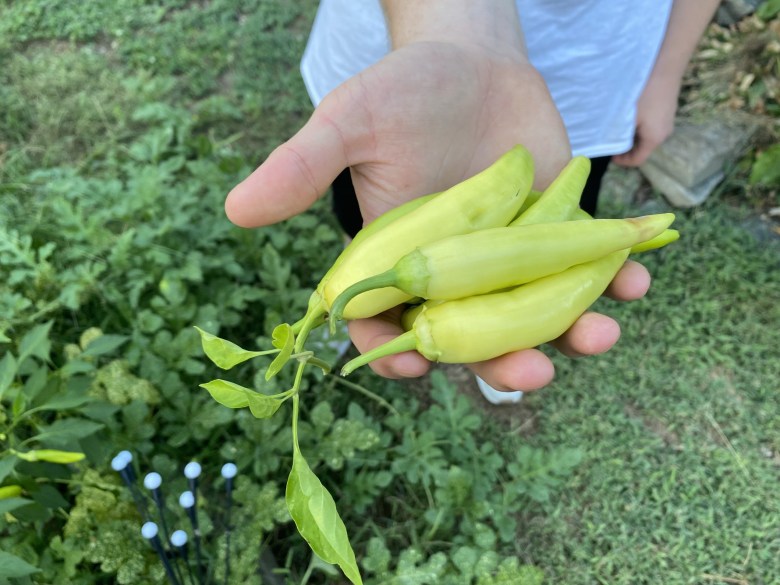Records reveal that test wells at the Franklin County prison site produced significantly less water than the average household need, let alone a 3,000-bed facility. At least one state lawmaker took notice.
Two gallons of water per minute and ten gallons per hour were produced by the two wells drilled at the location on August 1, according to well construction paperwork acquired from the Arkansas Department of Agriculture’s Well Water Commission.
The New York State Department of Health defines well yield as a sustainable rate of water flow that a well may draw consistently over a prolonged period of time. This rate is typically represented in gallons per minute (gpm).
The average household uses six to twelve gallons of water every minute.
The four water wells that supply water to the DOC’s Tucker Unit utilize an average of 51.9 gpm, or 207.63 gpm, according to Arkansas Department of Health figures. There are 2,000 beds at the Tucker Unit.
The well reports go counter to what officials from Vanir, the company hired to oversee the prison’s construction, advised the Board of Corrections at the start of the month regarding the flow rates of the test wells. The test wells were producing 15–16 gallons per minute and 5 gallons per minute, according to Vanir’s report to the board, which also noted that those figures were preliminary.
As part of the first site study to ascertain if the land can support the prison, which was not completed when the state purchased the Franklin County property, the board approved spending $50,000 to drill the wells in June.
Since Gov. Sarah Huckabee Sanders announced the land purchase last Halloween, opponents of the jail plan have questioned whether the local infrastructure can sustain the site’s water and wastewater needs.
The location is around 19 miles from Ozark and 26 miles from Fort Smith. Earlier this summer, Fort Smith declared that it was unable to meet the prison’s wastewater and water requirements. In February, Ozark voted a resolution stating that the 3,601-person town could not either, pointing out that if the project proceeded, the prison would significantly strain its infrastructure and budget.
When the drilling was authorized in June, Benny Magness, the chairman of the corrections board, appeared to recognize the project’s limited utility alternatives by stating that the board would probably have to start looking into alternative prison site options if the test wells didn’t work out.
A request for comment for this story was not answered by Magness.
Rand Champion, a spokesman for the Department of Corrections, stated that all figures are preliminary and declined to comment on the disparity or its cause.
Champion stated in an email that all of the reports and data we currently have are preliminary. The Board and the Department will have a clearer understanding of the issues at hand and the next course of action after those studies are completed.
Champion stated that after the reports are completed, the findings would be examined to decide the best course of action. But a lot will rely on the engineering and architectural contract, he continued. The Arkansas Legislative Council has yet to ratify the contract.
As the council discussed approving a standard on-call engineering contract on Friday, Sen. Gary Stubblefield, R-Branch, brought up the disparity in yield amounts when he questioned DOC Chief Financial Officer Chad Brown.
Stubblefield, a strong opponent of the Franklin County site, stated, “We’re getting so much misinformation, that I would like to know why, why you guys can’t get your facts straight.”
DOC Chief of Staff Wade Hodge informed Stubblefield that he was unaware of the other flow numbers and that Vanir provided him with the information on the test wells.
No matter what the exact yield number is, Adam Watson, another jail opponent who recently sent lawmakers a request for an investigation into the prison site selection process, stated that it won’t be sufficient to supply the prison.
In an interview last week, Watson stated that there is no reality in which those wells can meet the needs. According to a resolution issued by the Ozark City Council, the city opposes this project and the way it has been handled, thus the last resort will be to travel to Ozark to see if they can extract water there.
Everyone would have benefited, according to Watson, if the state had done its research before committing to the Franklin County site.
We wouldn’t be sitting here a year later with the most fundamental question regarding the construction of a new prison still unanswered if they had first done their research: Where on earth will the water come from?
Do you want to advertise an event or a news tip? White River Now can be reached by email at [email protected]. Make sure to follow and like us on Twitter and Facebook. Additionally, remember to download the White River Now app from the Apple App Store or Google Play Store.
Every weekday morning and afternoon, the First Community Bank Newsroom on Arkansas 103.3 KWOZ provides the most recent local and regional news and weather information. On weekday mornings, White River Now updates are also broadcast on
Outlaw 106.5, Your FM 99.5, and 93 KZLE. Watch CBS News on 1340 KBTA at the top of each hour.













